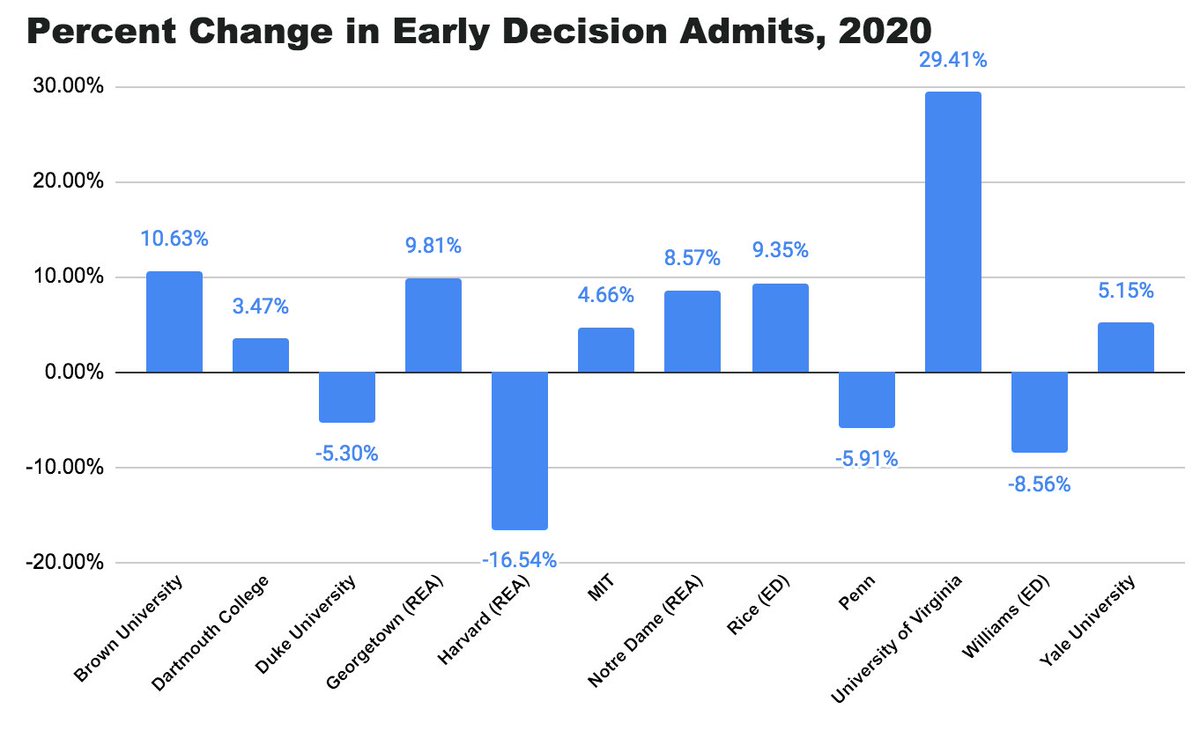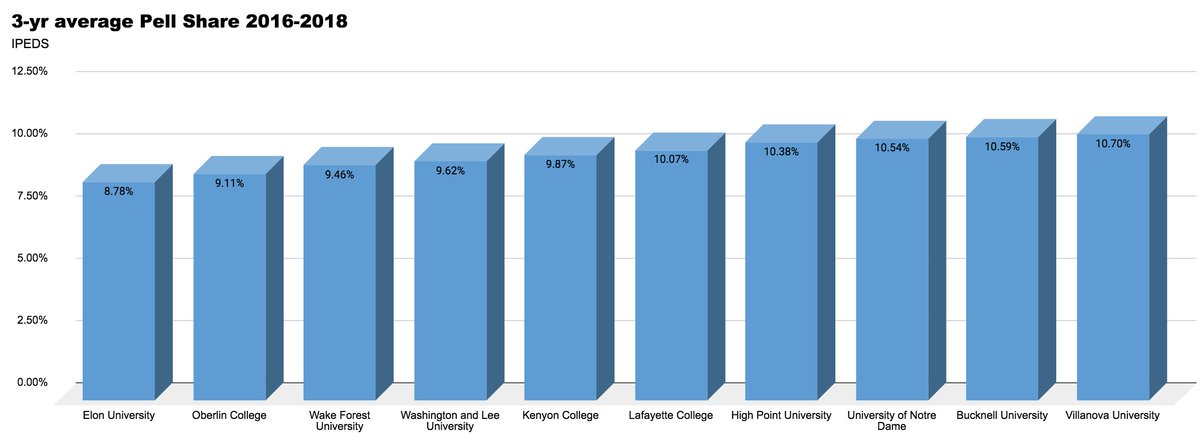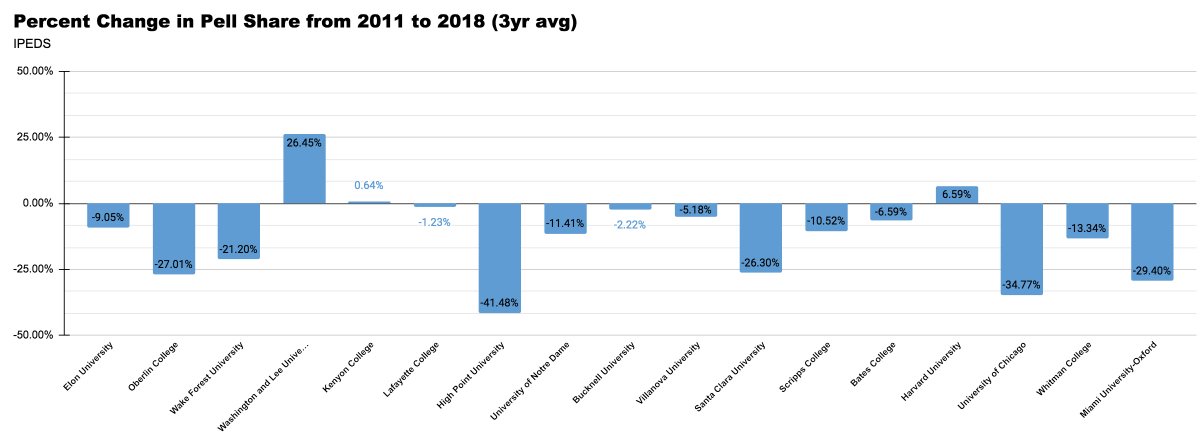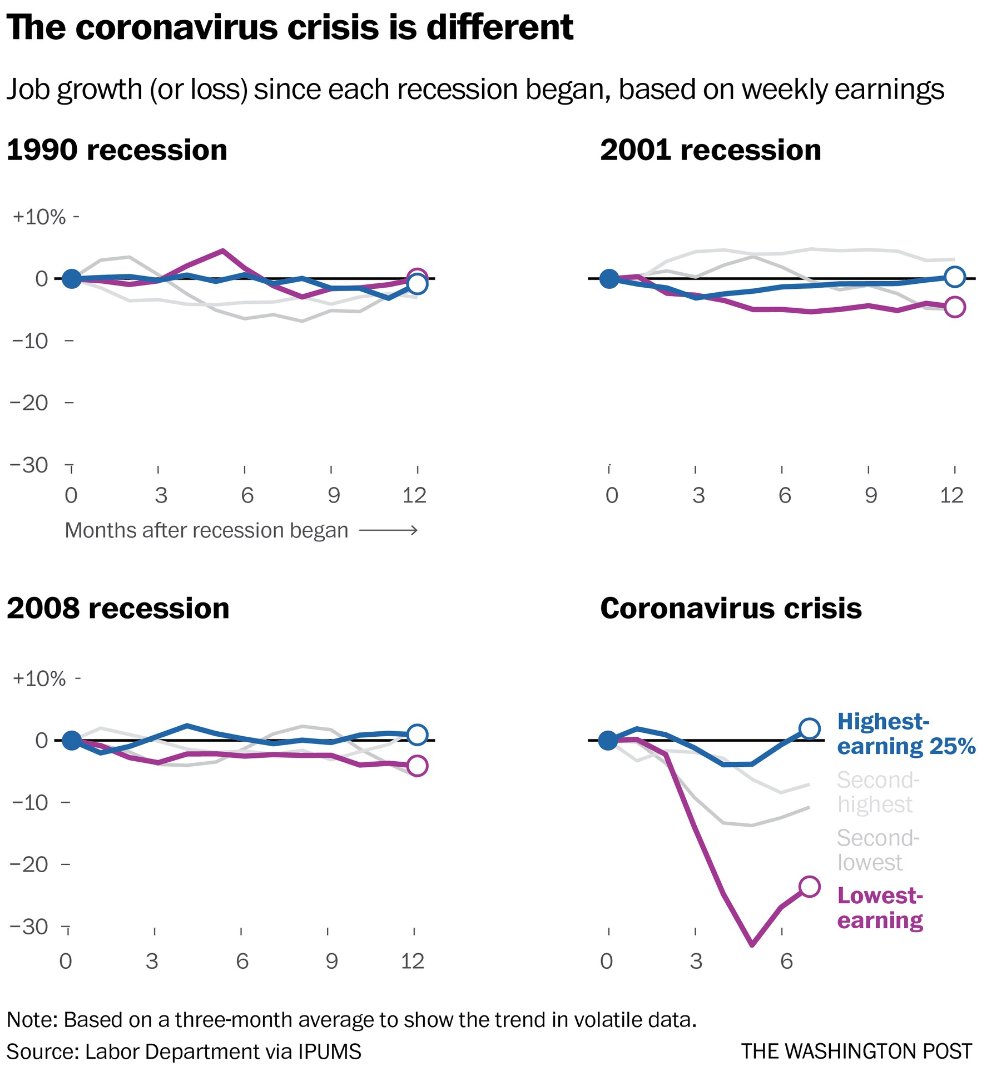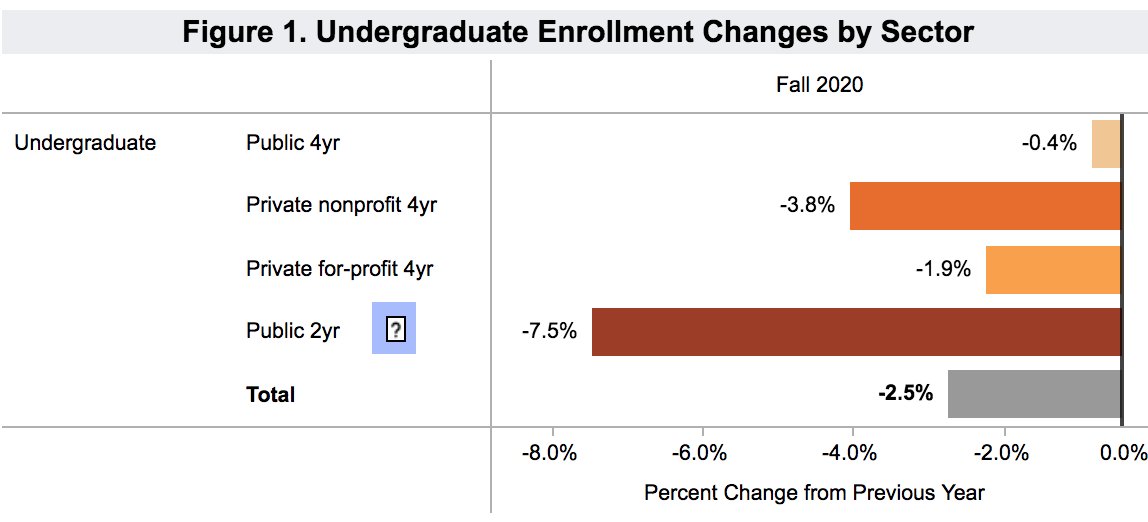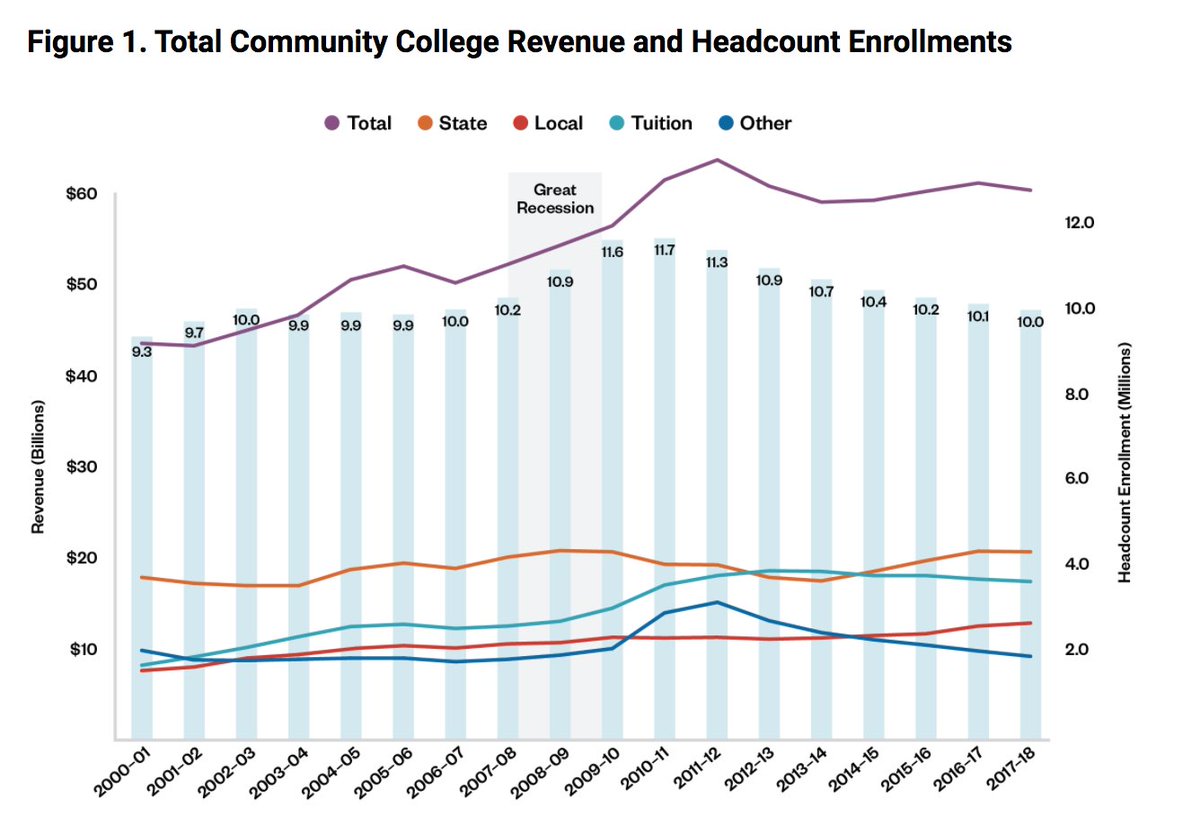
I told myself I would stop reading pieces about admissions lotteries. But I cracked and read that NYT piece. I expected the worst and it was worse than I expected.
https://twitter.com/James_S_Murphy/status/1106659943669776385?s=20
Beyond all the inherent issues with lotteries that I talked about in that thread, here's what really bugged me about this piece: its condescension toward community college professors and presumption about instruction in the Ivy League.
The plan, of course, is hopelessly vague and impractical. The author seems to be proposing that the Ivy League use a lottery to admit students who typically enroll in community colleges. 

The entire Ivy League enrolls 14,676 students new students each year. That's 2.5% of the 572,000 students who attend a community college right out of high school. And that's just a tiny portion of the close to 6 million students who enroll in community colleges each fall. 



There's no consideration of how such a program would work. Of course. This isn't meant to be a realistic proposal. It's a complaint about wealth and privilege that's still trapped in the assumptions of wealth and privilege, e.g., "elite" colleges provide the best education.
The piece says Ivy Leagues should take on "the hard work of remediation." Beyond the question of redesigning a curriculum in a few months time, there's the assumption that Ivy League professors would do as good a job at working with students who typically go to community college. 

I taught at an Ivy for three years. It was the easiest teaching I've ever done. I'm not saying that there aren't fantastic teachers at super selective schools. There are. But there are also fantastic teachers at 2 year schools, regional publics, etc. Let's support them.
The answer to the problem of community colleges not having enough resources to serve their students is not a lottery that would benefit 15,000 students.
👏It's👏to👏provide👏more👏resources👏to👏community👏colleges.👏
👏It's👏to👏provide👏more👏resources👏to👏community👏colleges.👏
The Ivy League is not coming to save us. And neither is a lottery.
The one thing that the article is very right about is transfer. Rich colleges should take a lot more transfer students.
https://twitter.com/James_S_Murphy/status/1336865335501271041?s=20
• • •
Missing some Tweet in this thread? You can try to
force a refresh

